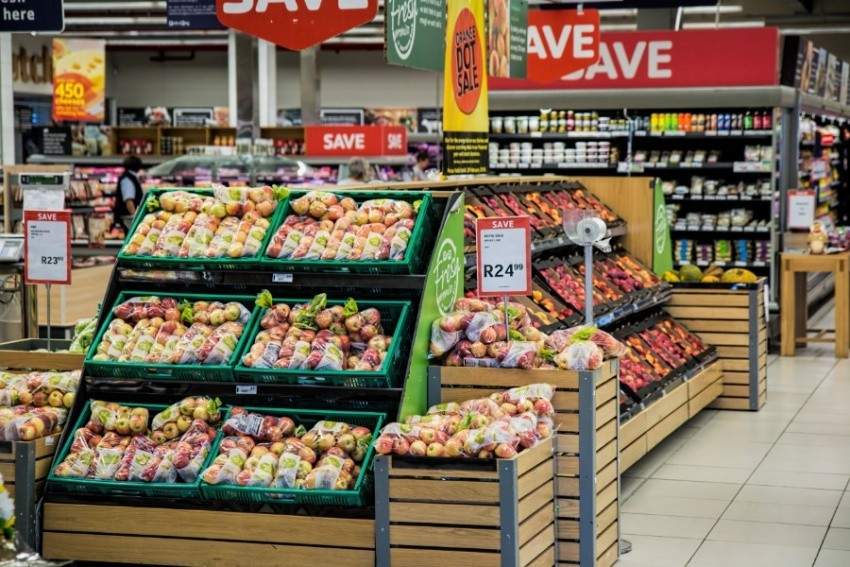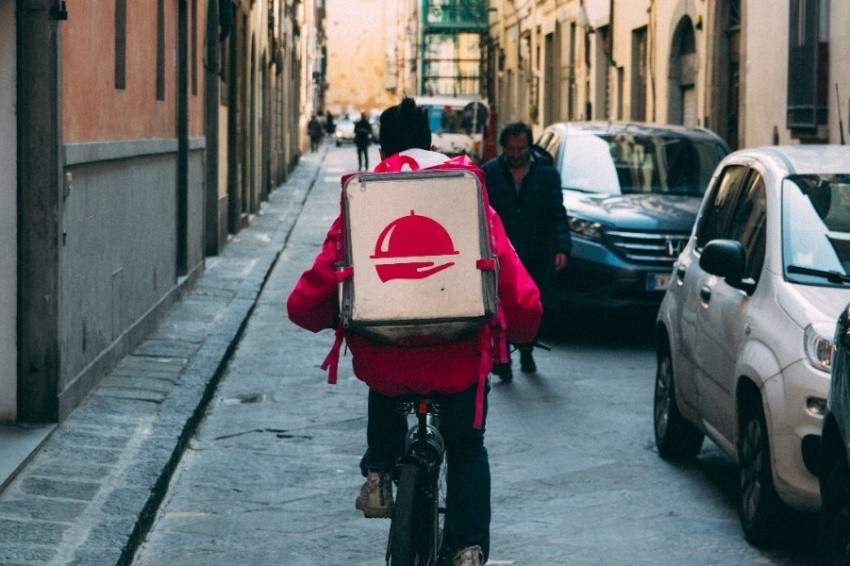After Toronto Foodora couriers voted for union certification in August, many believed the landscape of the food delivery workforce was poised to change. This week, however, Foodora has pushed back and are set to meet before Ontario’s labour relations board next week in an attempt to squash the movement.
Whole Foods was also in the news this week after it announced plans to cut health care coverage for its nearly 2,000 employees who work less than 30 hours per week. The Amazon-owned grocery chain has stated that the cuts will help the company establish a more equitable and efficient scheduling mode, but many believe the loss employees will incur outweigh any potential corporate gain.
In lighter news, BC Ferries is getting set to launch a beer and wine project in late October that will allow passengers to purchase and consume one glass of wine or beer when they buy a meal. Although the year-long trial period was expected to launch in June, BC Ferries and passengers alike are eagerly anticipating its debut.
Here are six stories you might have missed in food news this week.
Whole Foods to cut health care coverage for part-time employees

Whole Foods, which has more than a dozen Canadian locations, recently announced plans to cut health care coverage for its part-time employees. Reports state that nearly 2,000 workers who work at least 20 hours a week will lose medical benefits. The Amazon-owned grocery chain has stated that the move will better meet the needs of the business and create a more equitable and efficient scheduling mode. Amazon’s net worth was recently appraised at over $900 billion.
Find the full story at Eater.
Foodora pushes back against Toronto employees seeking union

After Toronto Foodora couriers voted on union certification in August, many believed the food delivery company would become Canada’s first unionized app-based workforce. Foodora, however, plans to push back on Tuesday before Ontario’s labour relations board. The results of Tuesday’s hearing could potentially set a worldwide industry precedent in the app-based delivery business.
Head to CBC News for more.
BC Ferries’ beer and wine sales pilot project delayed until October

BC Ferries’ beer and wine sales project, which had previously been expected to launch in June, is now expected to launch in late October. A spokesperson for BC Ferries stated that the four-month delay was due to the intricate and arduous permitting process at B.C.’s Liquor and Cannabis Regulation Branch. The year-long trial period will offer up to one glass of wine or beer per customer when they buy a meal.
Get the full breakdown at CBC News.
Baby formula recalled in eight provinces

The Canadian Food Inspection Agency (CFIA) has recently recalled Abbot brand Calcilo XD powder from the eight provinces that have distributed the product, due to rancidity and several reports of illnesses associated with consuming the formula. The CFIA has stated that anyone in possession of this product should dispose of it or return it to where it was purchased.
Find out more at CBC News.
Inuvialuit guide mitigates human impact in Canada’s Western Arctic

The Inuvialuit Game Council and WWF-Canada have developed a new guide to mitigate the impact of mariners travelling through Canada’s Western Arctic. Arctic shipping is expected to double over the next decade, and the new guide aids mariners in identifying which areas to avoid, how to navigate around marine mammals, and what to do when encountering caribou sea-ice crossings.
Head to CBC News for the full story.
Canadians dominate Canada’s first kosher barbecue cook-off

The Ottawa Torah Centre was recently home to the country’s first-ever kosher barbecue competition, where more than 40 professional barbecue teams from Ontario, Quebec, and the Northeastern U.S. faced off in three categories: chicken, turkey, and brisket. Irving Rivers took home the grand champion trophy, placing third in the chicken category and second in the turkey and brisket categories.
Check out Ottawa Citizen for more.













